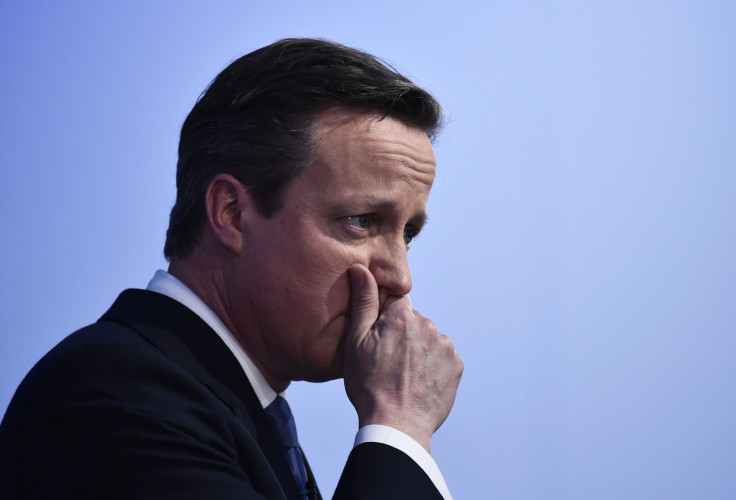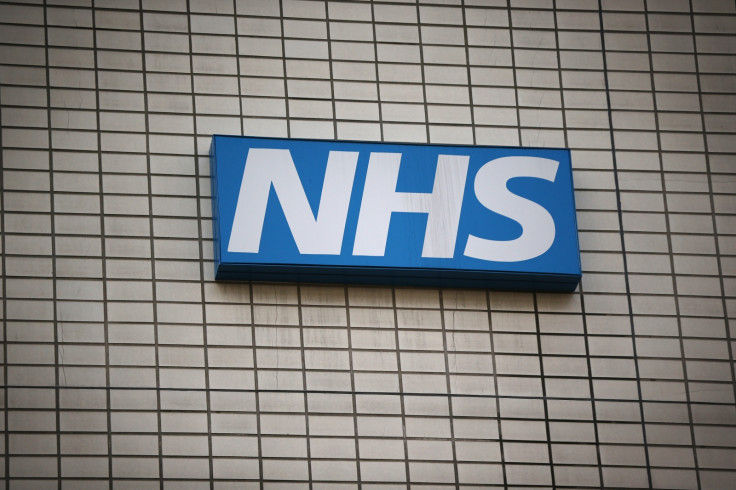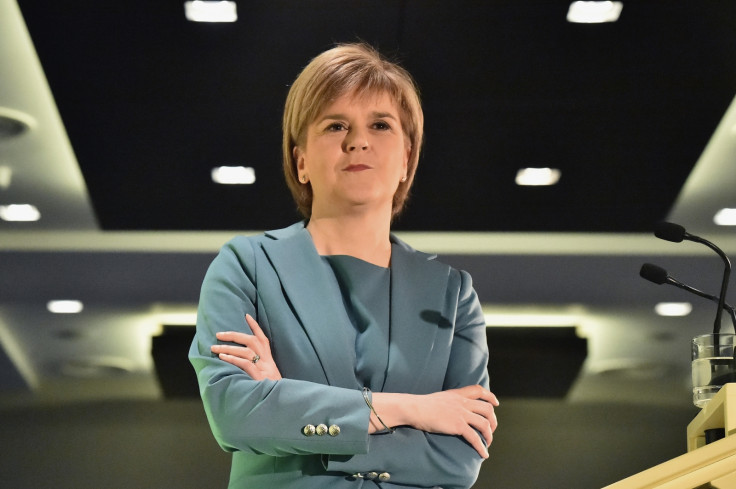Robert Phillips: Conservatives and Labour - the coalition that dares not speak its name
Coalition-spotting has, for the political chattering classes, become a temporary national sport. Everyone thinks they know the magic numbers for the Conservatives and Labour; can guess the scale of the Scottish wipeout (or landslide); smirk at the increasing irrelevance of Nigel Farage and Ukip; and puzzle why the Greens and the Liberal Democrats may both end up with 8% of the national vote yet the former will have one seat and the latter 25 or more.
The delicious irony of a pro-proportional representation party benefiting from first-past-the-post mathematics is not lost.

A Populus/Hanover survey, quoted in the Financial Times at the end of April, reckoned the Tories have less than an 18% chance of eventual government, such is the party's limited options and few friends beyond the Lib Dems and the Democratic Unionist Party.
The percentage could fall lower still should Nick Clegg lose Sheffield Hallam, leaving the current prime minister with the unwelcome prospect of dealing with a combination of Vince Cable, Simon Hughes and Tim Farron.
Amid this ongoing saga, two questions need to be asked. First, what legitimacy does a cobbled-together coalition really have, given a third of the electorate will have shunned the voting booths anyway?
The biggest winner on 7 May will be "don't really care". David Cameron plus Clegg plus a few Ulstermen still equals less than 50% of those bothered to turn out. Likewise, Ed Miliband plus Clegg but not Nicola Sturgeon/Alex Salmond barely reaches much higher. Forget a minority of confidence in the eventual Queen's Speech, this represents a minority of confidence from Britain as a whole.
Second, why has no one suggested a Con-Lab coalition? Miliband is, after all, more opportunist politician than conviction crusader. From Syria to immigration to rent controls, he has said pretty much anything that might take him into power.
Cameron, meanwhile, has played his right-wing cards to prick the Ukip balloon (which has mostly worked) yet has left the prospect of an In-Out EU referendum that will further polarise the nation, allow "the Scottish question" to persist and, most importantly, stall economic recovery, fragile though it is. They are almost natural bedfellows.

With a genuine car-crash election now only days away, a government of all the parties can fix this mess. Such a rainbow coalition could find much to agree on.
First, deliver constitutional reform. We have heard about "the death of two-party politics" many times, not least during the heady days of the Social Democratic Party in the 1980s. This is now a permanent fixture – a new pluralism is trapped within the straitjacket of a two-party system.
A constitutional convention, independently arbitrated, should report within a year of the election and new mandates sought within 18 months of that. In other words, Britain would have fresh and more balanced elections within three years.
Second, champion national Devo Max. Localism is not just a Scottish issue, as George Osborne has shown in Manchester and elsewhere. Think tank ResPublica has called for more fiscal autonomy in Britain's mid-size cities. Globally, we are moving towards a new economy in which both collaboration and localism can flourish. Brave constitutional reform can deliver a dispersion of power and authority that matches the needs and aspirations of everyday citizens.
Third, provide long-term safeguards for the NHS, education and welfare. The weaponising of the NHS and the bandying of banalities around the welfare system have been two less edifying aspects of the current debate. Britain deserves better.
Three National Commissions and a reformed Upper Chamber could provide the vision and the guardrails to do what is right for the country over the long term and not what is expedient for a particular political party at any moment in time.
The starting points are easy to agree: a health service available to all and one that is affordable, with the emphasis on care not bureaucracy; a school and university system that focuses on relevant future talent and allows students to be competitive within a global landscape; and a welfare system that heals the clear inequalities between Britain's haves and have not's.
Fourth, find a new voice in Europe. Labour has surprisingly emerged as the pro-European party. A national coalition could help free the Conservatives from the self-inflicted madness of a potential Brexit. The consensus is we need more from Europe but we cannot do it from outside the tent.

A 66%+ voice would hold greater sway, enjoy more legitimacy and maybe even find better answers. And it would arrest a potential three-year dip in current economic progress. Clegg should also show some courage and make Europe one of his famous red lines.
Finally, initiate direct elections for prime minister. One of the most obvious failures of the election campaign (for which read entire Parliament) is the vacuum of leadership and of trust in politics and the system.
The "main" parties have hidden from any real interaction from real people with real lives, hermetically sealing themselves within set-piece events, with over-rehearsed soundbites and flunky applause. Little wonder Sturgeon has proved the surprise package – she is the one out there on the streets, touching real people every day.
Britain craves leadership more than anything else. As it emerges from the depressing gloom of GE 2015, it can find new energy in demanding more from those who lead the country. Direct elections for prime minister would encourage better, visionary leaders to step forward, free from the shackles of party dogma and apparatchiks.
If Cameron really is the brave leader he wants Britain to believe in, his first call in the early hours of 8 May will not be to Clegg but to Miliband.
Robert Phillips is the co-founder of Jericho Chambers; a Visiting Professor at Cass Business School; and the author of Trust Me, PR Is Dead.
© Copyright IBTimes 2025. All rights reserved.






















